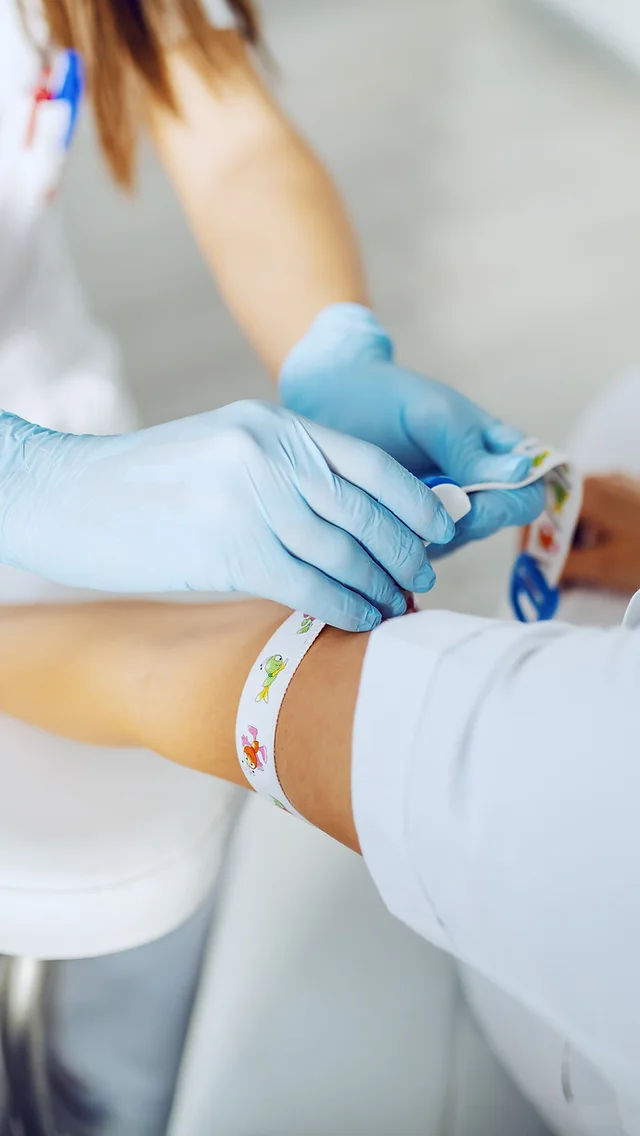Oxford Iron Clinic
FAQs
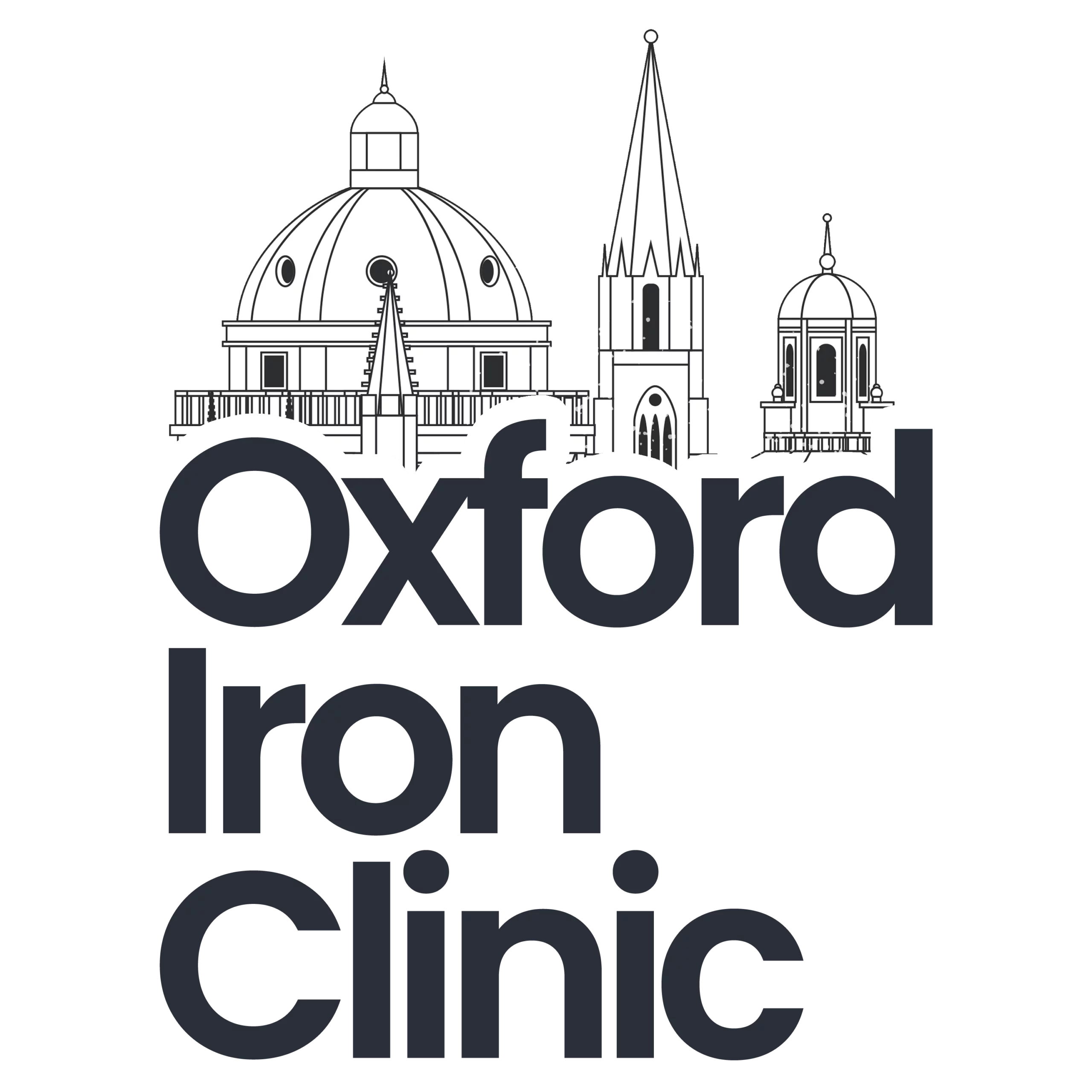
Oxford Iron Clinic
FAQs
Why is iron important?
Iron is vital for every cell in the body, it is needed for normal cell function. In red blood cells it helps to transport oxygen around the body, in muscles it helps with contraction and strength, and it is essential for normal brain function.
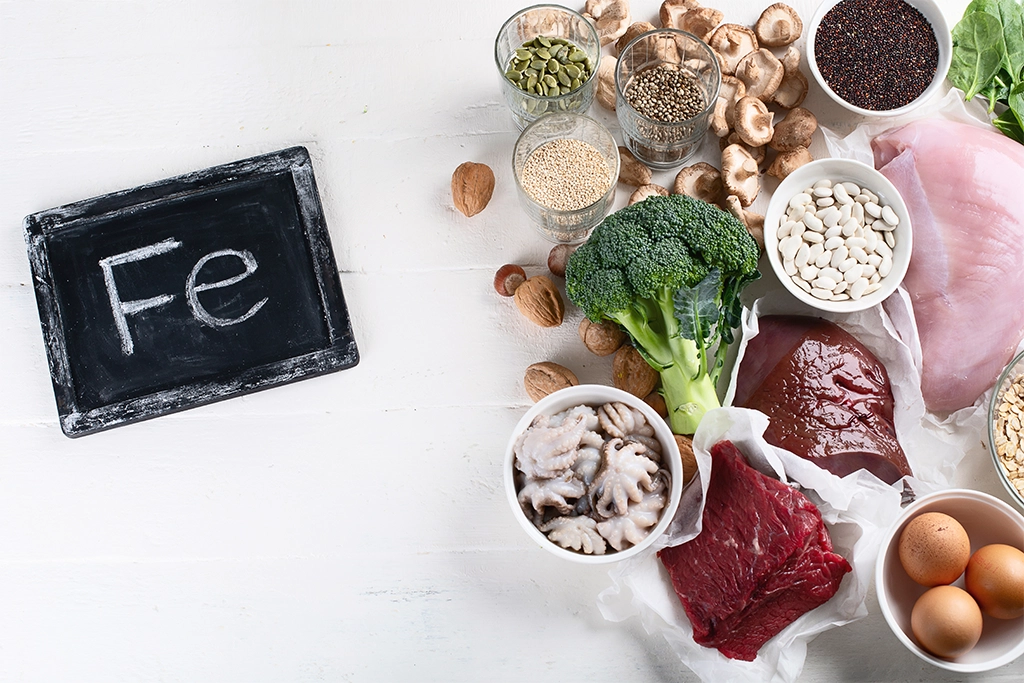

What happens if my iron levels fall?
The most common symptoms of iron deficiency are tiredness and fatigue but other symptoms include:
• Weakness.
• Dizziness.
• Shortness of breath.
• Headaches
• Fast heartbeat
• Restless legs, particularly at night.
• Tingling or a crawling feeling in the legs
• Irritability.
• Poor concentration.
• Insomnia.
• Pale skin.
• Itching.
• Hair loss.
• Brittle nails.
• Soreness or swelling of the tongue.
• Unusual cravings to eat ice and non-food items.
In the early stages symptoms may be mild and go unnoticed.
If iron levels are not restored, anaemia will develop
What is anaemia?
Anaemia is when there are too few red blood cells. Anaemia can make people feel very unwell with fatigue, lethargy and breathlessness. Iron deficiency is by far the most common cause of anaemia but there are many other causes.
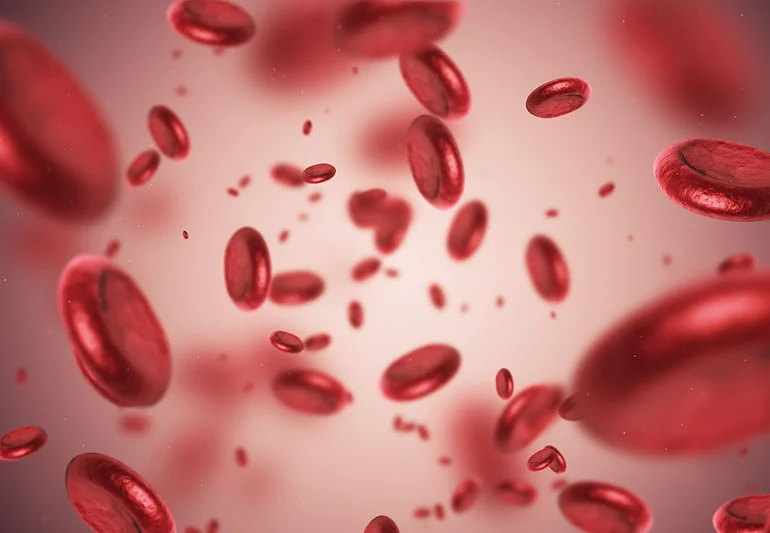
Am I at risk of iron deficiency?
Most people are at risk of iron deficiency. Causes of iron deficiency include:
• Poor intake of iron in the diet
• Hidden or overt bleeding
• Poor absorption of iron in the gut
• Menstruation, pregnancy, and childbirth

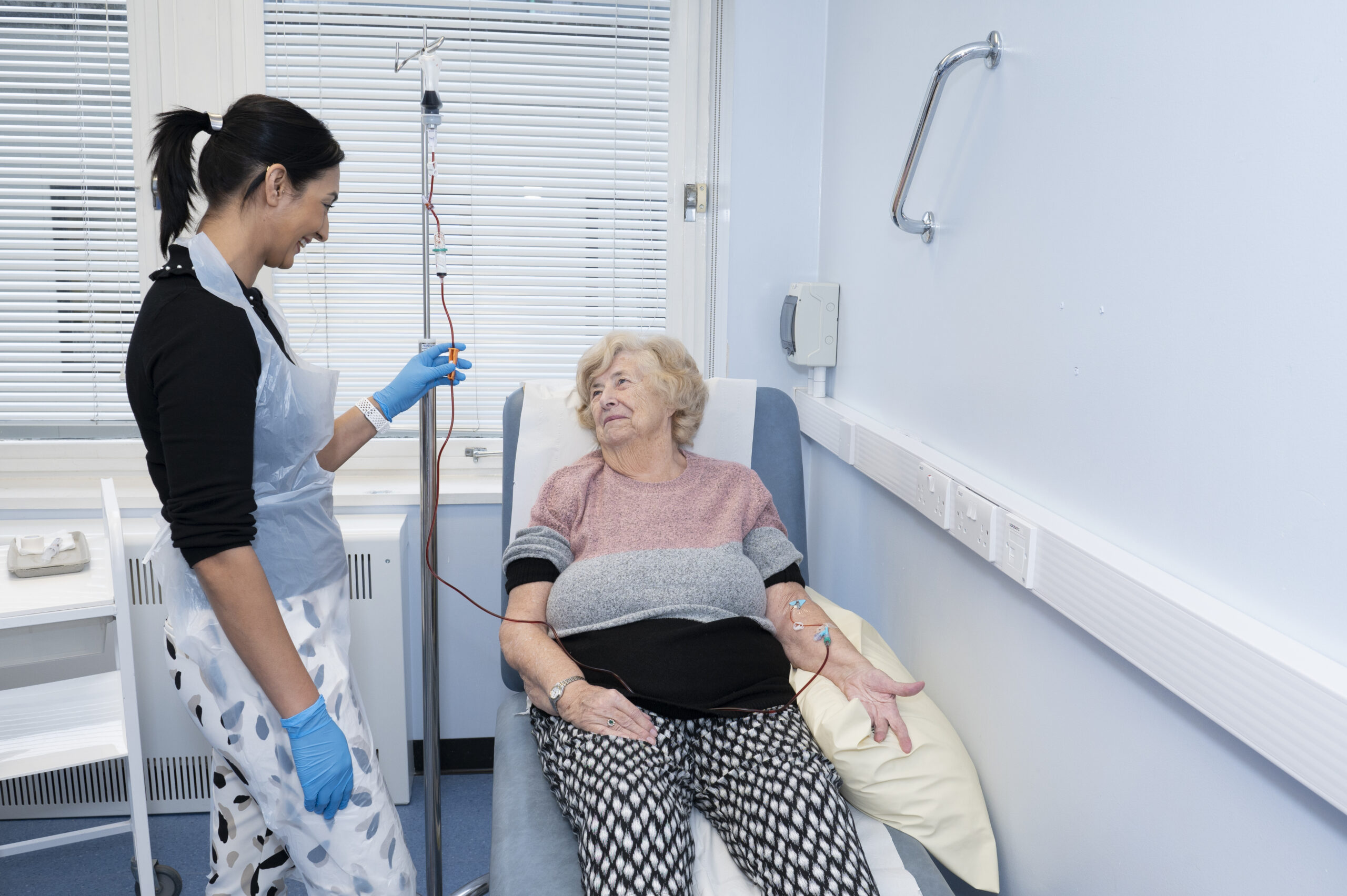
I have been referred for an operation, what happens if I have iron deficiency?
We know from many studies that iron deficiency can lead to longer recovery times, higher rates of infection, higher chance of needing a blood transfusion and longer length of stay in hospital. It is important to treat iron deficiency before undergoing surgery. If there is insufficient time before an operation to correct iron deficiency, this can be given in the postoperative period.
I am pregnant, what happens if I have iron deficiency?
Iron deficiency is very common in pregnancy because of the increased iron requirements to support the baby and the placental bed. Women with iron deficiency may not give attention to the added fatigue or exhaustion, particularly if they are also looking after small children. However, very severe iron deficiency can potentially lead to premature delivery or a growth-restricted baby.

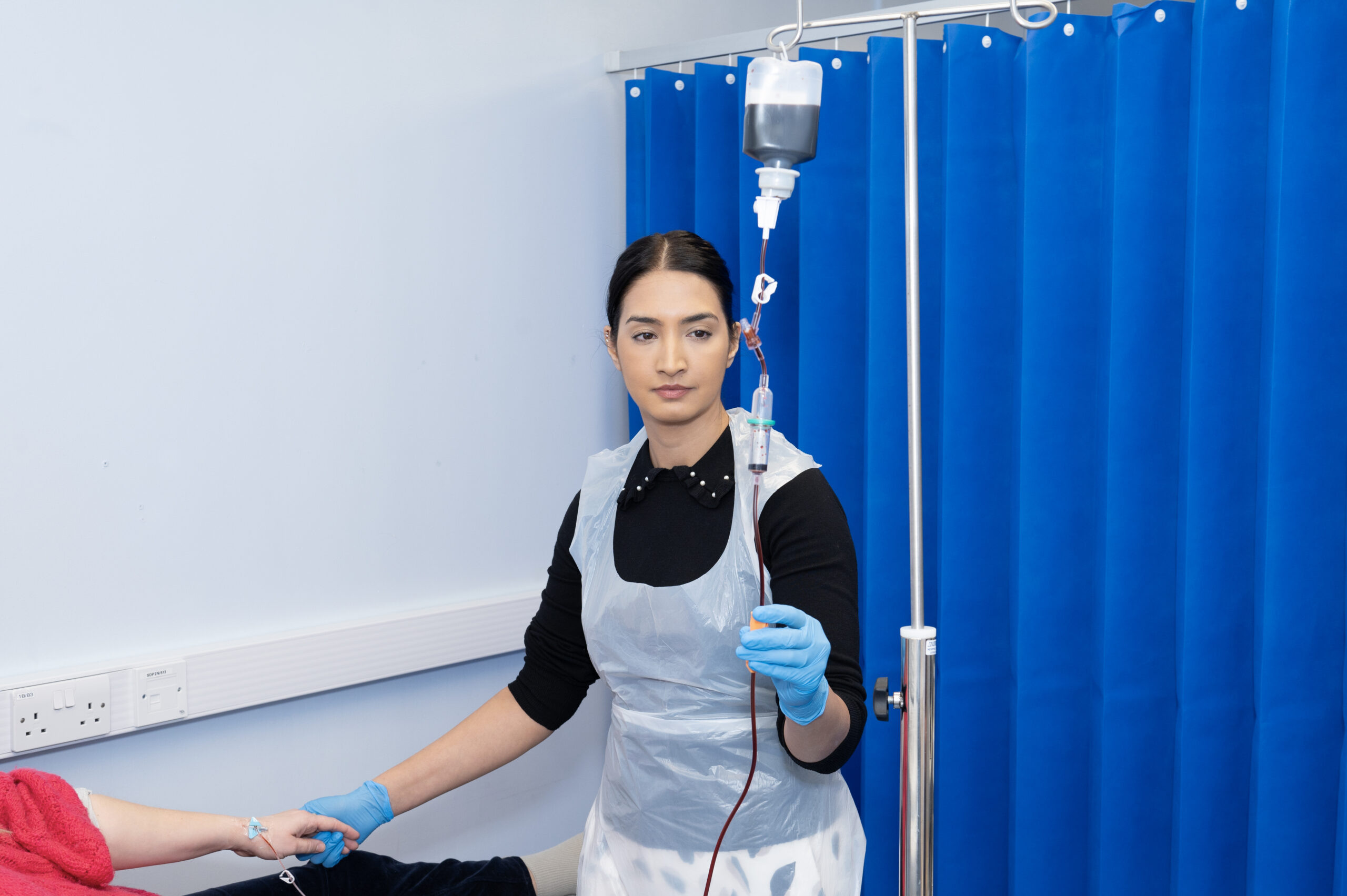
How is iron deficiency detected?
Anaemia is detected by a standard blood count. There are many causes of anaemia and additional tests may be necessary to confirm whether the anaemia is due to iron deficiency.
Also, many people can have iron deficiency without anaemia, as the body will prioritise red blood cells over other cells.
Diagnosis of iron deficiency requires specialist, expert interpretation of blood tests. There is no single test that will reliably confirm the diagnosis and assessment of a combination of tests may be needed.
If I have iron deficiency, what treatment will I need?
It is important to correct iron deficiency, to improve health, wellbeing, and body function. This can be done with tablets or with an intravenous infusion. Making dietary changes is important but slow and may not be enough to correct established iron deficiency.
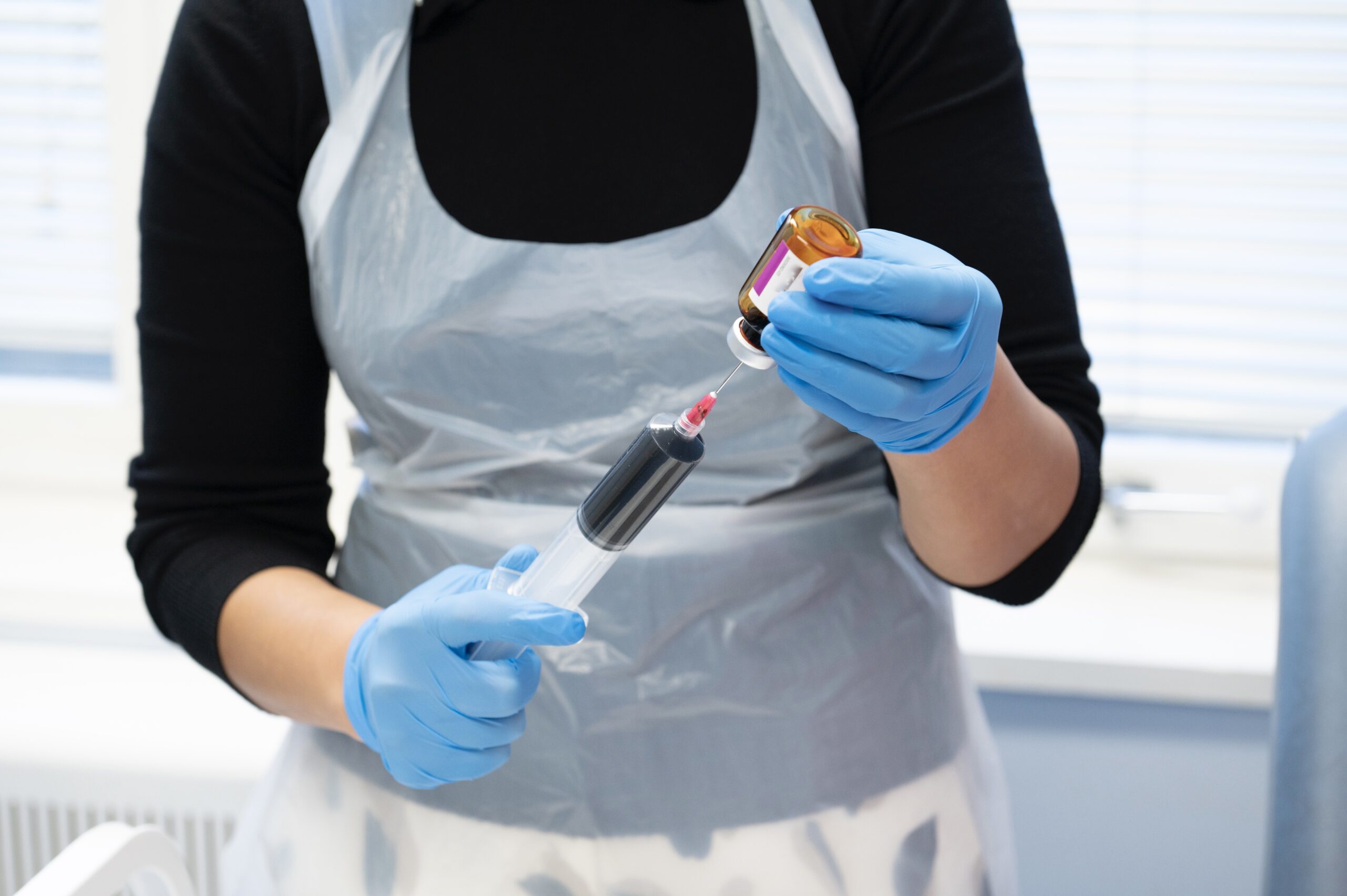
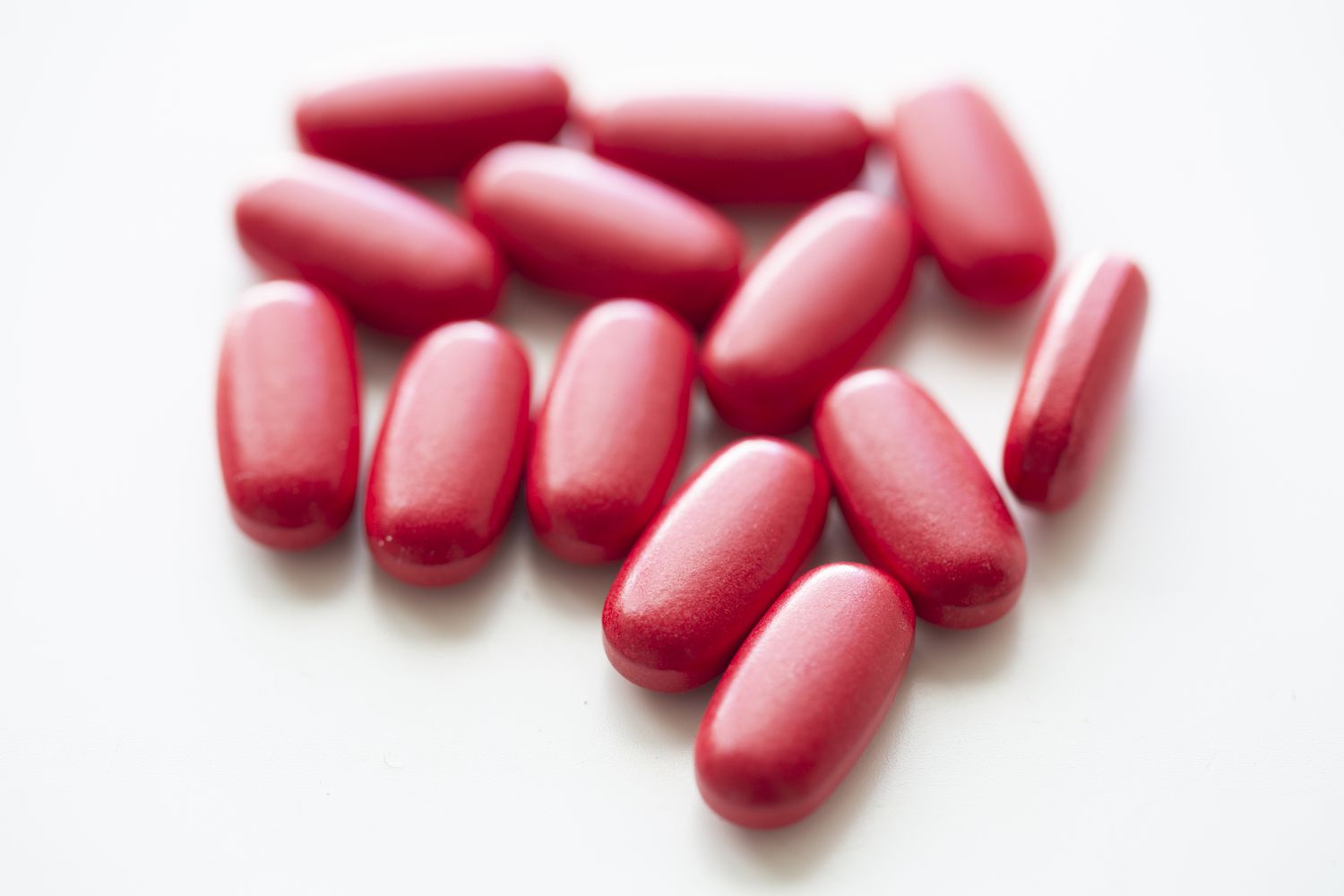
Iron tablets
Iron tablets can be bought over the counter. Some may contain other metals that interfere with the absorption of iron. Prescribed iron is usually a higher strength and does not contain additional substances that may affect absorption. Some people find iron tablets difficult to tolerate due to abdominal pains and constipation.
Iron infusions
Iron can be given straight into the vein, bypassing the gut and therefore avoiding side effects. The response to treatment is much faster than with tablets and symptoms start to resolve within a few days.
How is an iron infusion given?
The iron solution (normally 1000 or 2000mg) is given via a small cannula inserted into the vein, usually in the forearm. Insertion of the cannula (a small plastic tube) feels like having a blood test. The infusion usually takes around 20 minutes, and you are asked to stay for an additional 30 minutes for observation before going home.
